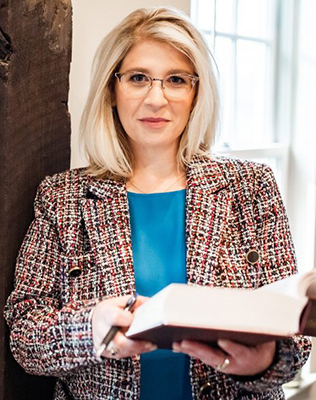Discussing custody issues regarding children is imperative prior to divorce. Parents in Maryland, and elsewhere, are concerned about the wellbeing of their children, and the health of their relationship with them after divorce. Custodial decisions create the groundwork for life with children after divorce. The two primary types of custody are residential (physical) and legal custody.
Understanding physical custody
A good way to think about physical custody is the care and shelter you provide for your children. Physical custody accounts for the residential needs of children including where they will live and how much time they will live in that location with a caregiver. Decisions made around physical custody also take into account how and where holidays and school breaks will be spent. It is a good idea to address any conditions around out-of-state travel in the context of physical custody as well.
If your children have special needs, agreements about physical custody may be more complicated to ensure your children have a continuing level of care and support.
It is also a good idea to discuss transportation and transition as part of physical custody. This includes how children move from home to home, timing, and how parents will communicate concerning exchanges.
What about legal custody?
Legal custody is the opportunity to make decisions or have input in decisions about how your children will be raised. Areas for discussion include:
- Education and extracurricular activities: Where will your child or children go to school? Do you have a choice of school districts? Are you considering private school and how will the cost be handled? Extracurricular activities can be a big part of student life—and can also have a big impact on a parenting plan.
- Medical care: Keeping your children healthy and happy means routine medical care. Legal custody provides the right to select healthcare providers or be part of medical decisions made on behalf of your children.
- Faith: Choices about spiritual and religious education are part of legal custody.
Parents routinely share physical and legal custody. There can also be legal or other compelling reasons why one parent would not share custody. Agreements made by parents about custody become part of a parenting plan required by the State of Maryland prior to conclusion of the divorce.
Agreements made during divorce set the stage for life to come. Work with a skilled divorce attorney for guidance and representation in making the best decisions for your children—and for you.
Speak with an experienced child custody attorney in Baltimore
With a reputation for compassionate service and highly professional legal representation, the Law Offices of Allyson B. Goldscher, LLC provides exceptional guidance throughout all stages of divorce and other areas of family law. With offices in Stevenson, we provide answers to your questions about parenting plans, divorce, and adoption. Call 410-602-9522 or contact us online to schedule your consultation today.

